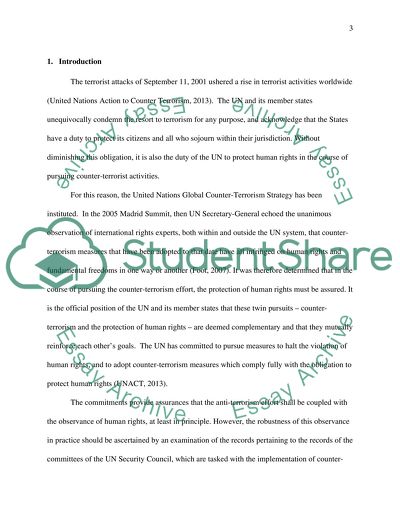Cite this document
(“What do we learn about international strategies for protecting human Essay”, n.d.)
Retrieved from https://studentshare.org/law/1475571-what-do-we-learn-about-international-strategies
Retrieved from https://studentshare.org/law/1475571-what-do-we-learn-about-international-strategies
(What Do We Learn about International Strategies for Protecting Human Essay)
https://studentshare.org/law/1475571-what-do-we-learn-about-international-strategies.
https://studentshare.org/law/1475571-what-do-we-learn-about-international-strategies.
“What Do We Learn about International Strategies for Protecting Human Essay”, n.d. https://studentshare.org/law/1475571-what-do-we-learn-about-international-strategies.


